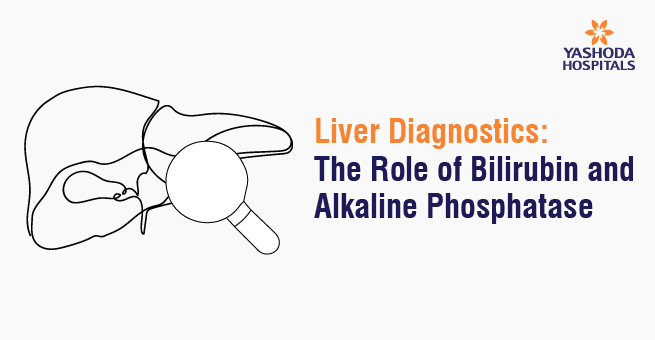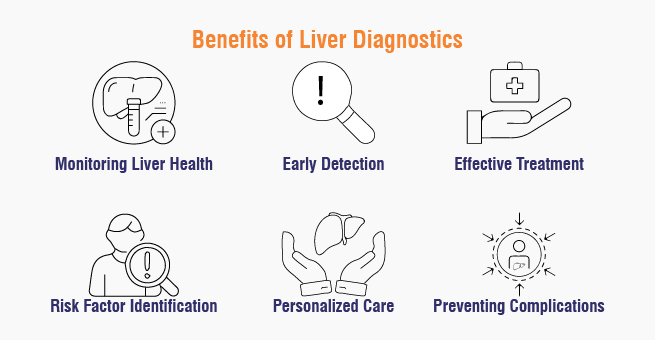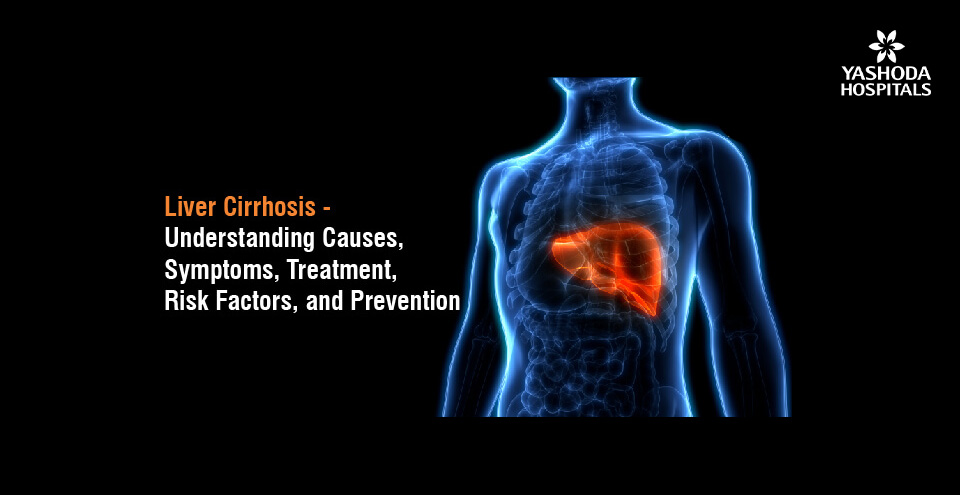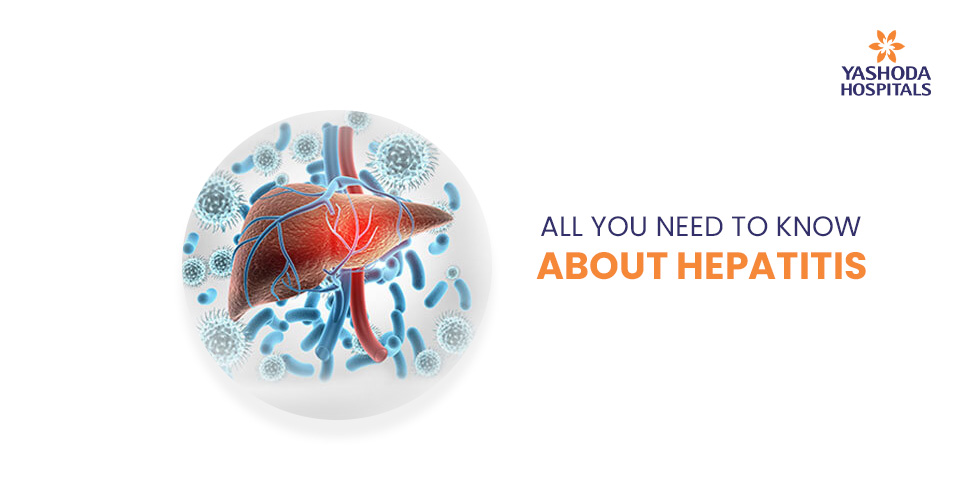Liver Diagnostics: The Role of Bilirubin and Alkaline Phosphatase

The liver is an essential organ with a number of processes, including blood filtration, bile formation, and nutrient transformation. Thus, liver health is important for the entire bodily function. Bilirubin is the breakdown product of red blood cells and thus a pigment formed during their excretion, whereas alkaline phosphatase is an enzyme produced mainly in the liver and other tissues. These two markers are often used in the evaluation of the liver’s functional capacity and in the identification of liver diseases.
What are Liver Diagnostics?
The term liver diagnostics refers to tests carried out to ensure the health of the liver and proper function. The test procedures assist in identifying the underlying cause of the problem, keeping track of the disease, and providing response monitoring to treatment administered.
Routine tests commonly done on the liver are the bilirubin test, liver enzymes (ALT, AST, and GGT), alkaline phosphatase test, albumin, prothrombin time, INR, and platelet count. Some of the imaging tests include ultrasound, CT scan, MRI, nuclear medicine, and liver biopsy. These tests aid in the diagnosis of liver diseases like hepatitis, cirrhosis, and liver and gallbladder diseases and also help in differentiating diseases of the gallbladder and liver, such as cirrhosis and liver cancer. However, bilirubin and alkaline phosphatase are crucial liver enzymes that play a significant role in diagnosing and monitoring liver diseases in the majority of the cases.

Experience world-class liver diagnostics!
Bilirubin Test Overview
A bilirubin blood test is a laboratory procedure done in order to quantify bilirubin present in the patient’s blood, which may assist in identifying the impairment of the liver. Bilirubin is a yellow compound that is generated during the catabolism of red blood cells. The liver metabolizes this pigment and subsequently secretes it in bile. Increased levels of bilirubin in the serum may suggest liver-related conditions such as hepatitis, cirrhosis, or disorders associated with the gallbladder.
Bilirubin test normal range:
Adults
- Total Bilirubin: 0.1 to 1.2 mg/dL (1.71 to 20.5 µmol/L)
- Direct Bilirubin: Less than 0.3 mg/dL (less than 5.1 µmol/L)
- Indirect Bilirubin: Calculated by subtracting direct bilirubin from total bilirubin
New borns
- Total Bilirubin: Ranges from 1.0 to 12.0 mg/dL, depending on age.
- Direct Bilirubin: Less than 1 mg/dL
- Indirect Bilirubin: Calculated by subtracting direct bilirubin from total bilirubin
Significance: A bilirubin test means nothing other than involving a typical withdrawal of blood in order to diagnose the liver health and conditions associated with it. It is a common phenomenon for newborns to have elevated bilirubin levels in their blood, which is called neonatal jaundice. This is because a child’s liver is still not developed and may therefore be inefficient in conjugating a pigment called bilirubin that is formed following the breakdown of red blood cells. In most instances, as the liver develops, the levels of bilirubin drop. Nevertheless, in some instances, an increase in the levels of bilirubin in the child may result in jaundice.
Alkaline Phosphatase Test Overview
An alkaline phosphatase (ALP) test determines the amount of alkaline phosphatase enzyme present in the blood. Alkaline phosphatase is a type of enzyme found in numerous body organs, liver bones, and intestines in particular. An increased level of ALP can signal liver impairment, skeletal abnormalities, or other diseases. Such tests are performed routinely to assess the function of the liver, for the diagnosis of different bone disorders, and to track certain tumors.
Alkaline phosphatase test normal range:
- Adults: 44-147 IU/L
- Children: The normal range is higher in children due to growth and development.
Significance: An ALP test measures the blood levels of an enzyme that is present in the tissues of the liver and bone. In adults, high levels of ALP can be indicative of some disorders related to the liver or bone. High ALP levels are normal in newborns as they grow their bones at incredibly fast rates.
Have a medical concern that’s worrying you?
Bilirubin and Alkaline Phosphatase: Understanding the Relationship
Bilirubin and alkaline phosphatase are two important liver enzymes that serve a significant purpose in assessing and evaluating the functioning of the liver. Knowing their limits allows hepatologists to detect the exact cause of liver complications.
- Isolated bilirubin elevation: This typically indicates a disorder of bilirubin production or excretion, such as hemolytic anemia or biliary obstruction.
- Isolated ALP elevation: This typically suggests a disorder of bone disease but may also indicate liver disease in conjunction with other appropriate abnormal values of tests for liver function.
- Elevated bilirubin and alkaline phosphatase: Both liver cells and the bile ducts are affected in many diseases that see an increased bilirubin and alkaline phosphatase, including obstruction of the bile duct or inflammation of the liver.
- Low alkaline phosphatase and high bilirubin: Low alkaline phosphatase with a high bilirubin level is the result of liver tests in a majority of cases, which suggests malnutrition, severe liver disease, or an infinitesimally small number of genetic defects causing deficiencies in its production.
It must be said that interpretation of liver function tests should not rely solely on such investigation but rather must consider other clinical factors as well as other tests. Diagnosis can be reliable when well considered and carried out by a hepatologist based on the results of many tests combined with the patient’s medical history and symptoms.
Bilirubin vs SGOT & SGPT
- SGPT and SGOT Normal, Bilirubin High: For this situation, hemolytic anemia, obstruction of bile ducts, and Gilbert’s syndrome can be suspected.
- SGPT and SGOT High, Bilirubin Normal: In this case, there are possible causes, which include their drug use history, viral hepatitis, and drug-induced liver injury, as well as alcohol consumption and non-alcoholic fatty liver disease (NAFLD).
- Bilirubin Normal, SGPT and SGOT High: Possible causes of this scenario include drug-induced liver injury, alcohol liver disease, and NAFLD.
- High Bilirubin, Normal SGOT and SGPT: This scenario could be caused by Gilbert’s syndrome, a benign condition affecting bilirubin metabolism, iliary obstruction, or hemolytic anemia.
Note: The potential causes mentioned are not definitive diagnoses, and it is crucial to seek medical advice for accurate diagnosis and treatment.
Prioritize Your Liver Health:
Liver Diseases and Their Impact on Bilirubin and Alkaline Phosphatase
Liver diseases can significantly affect the level of bilirubin and alkaline phosphatase in the blood. Here is a short summary of how some common liver diseases can affect these liver markers:
- Hepatitis (A, B, C, D, E): This can cause the inflammation of the liver with a concurrent increase in concentrations of ALT, AST, and sometimes ALP. It also raises bilirubin, especially with exhaustive destruction of the liver.
- Autoimmune hepatitis: This is a sort of autoimmune disorder that attacks the liver. This can cause an increase in the level of the liver enzymes and bilirubin.
- Cirrhosis: A late or end stage of liver disease usually caused by chronic hepatitis or alcoholism. Bilirubin and ALP are usually elevated in this condition.
- Liver cancer: This can cause high levels of both liver enzymes and bilirubin depending on the size and location of the cancerous tissue.
- Gallstones: Gallstones can obstruct the bile ducts, leading to an increase in bilirubin, especially conjugated bilirubin.
- Drug-induced liver injury: It is caused by certain drugs that damage the liver and increase its enzymes as well as bilirubin.
- Fatty liver disease: This condition causes slight elevations in ALP, among others.
Conclusion
Bilirubin and alkaline phosphatase are vital indicators for evaluating the functional capacity of the liver and its surrounding structures. When one is aware of the normal ranges and the determinants of these markers, hepatologists will be able to diagnose and follow the course of many liver diseases. In case of any doubts regarding the condition and functioning of one’s liver, a specialist in this area, a hepatologist, should be consulted in order to create a specific treatment plan.
Yashoda Hospitals, Hyderabad, is one of the leading healthcare providers with a strong focus on liver health. Our team of experienced hepatologists offers comprehensive diagnostic and treatment services for a wide range of liver diseases. With state-of-the-art facilities and advanced technologies, we are committed to providing the highest quality care to our patients.
Have any questions or concerns about your health? We’re here to help! Call us at +918929967127 for expert advice and support.













 Appointment
Appointment WhatsApp
WhatsApp Call
Call More
More

